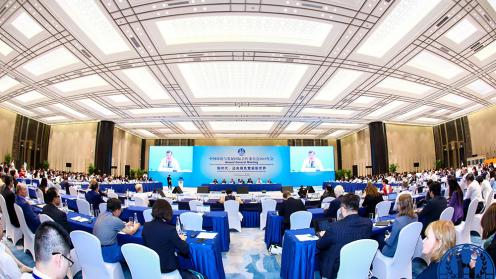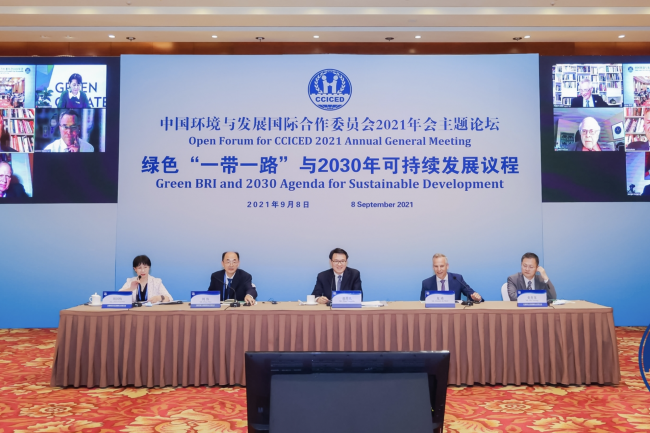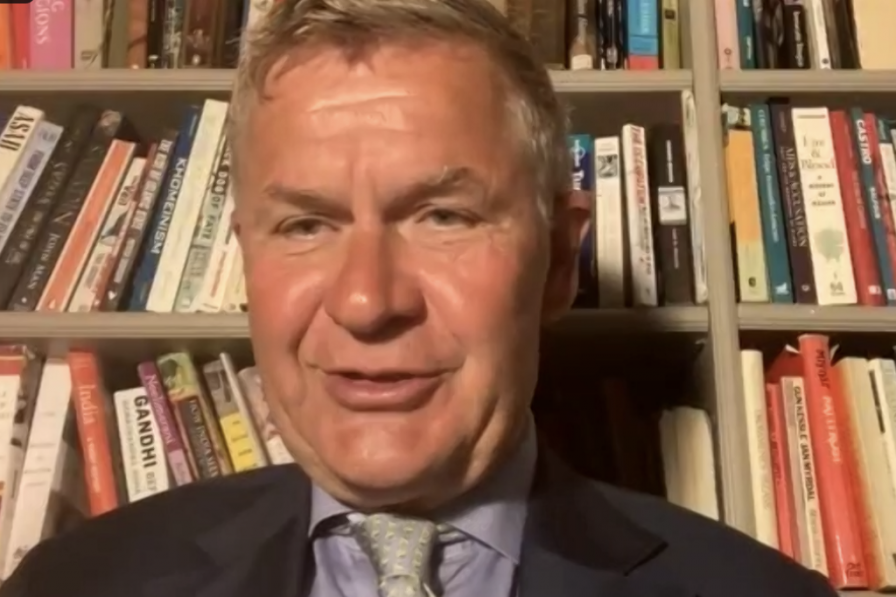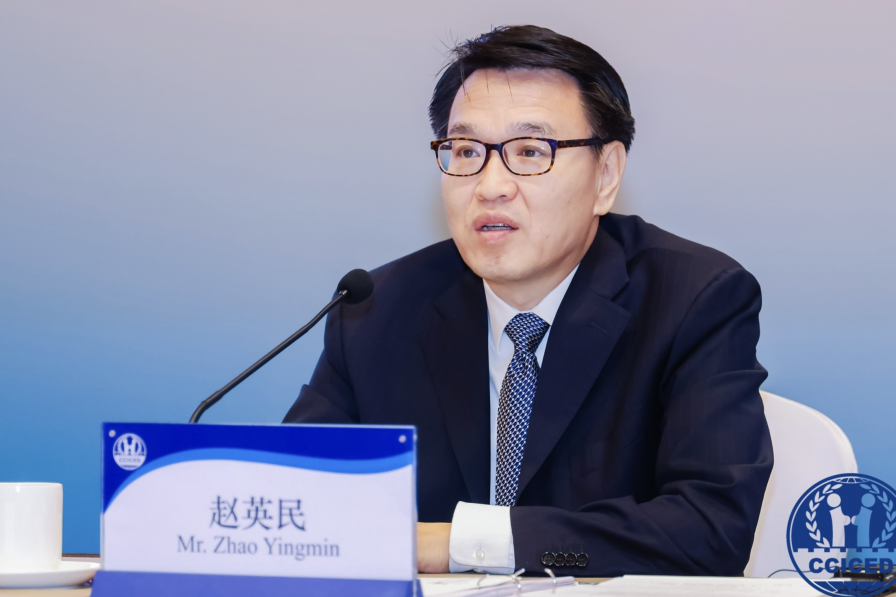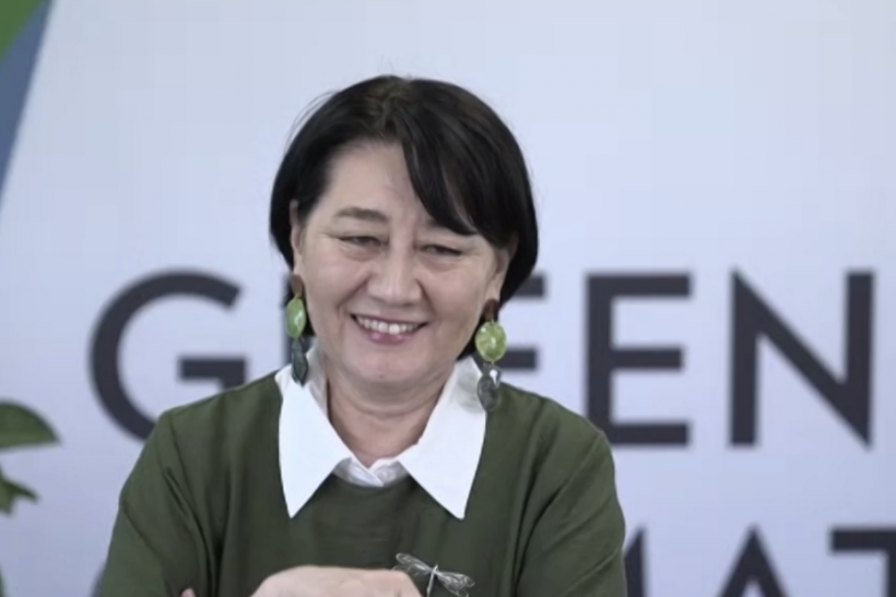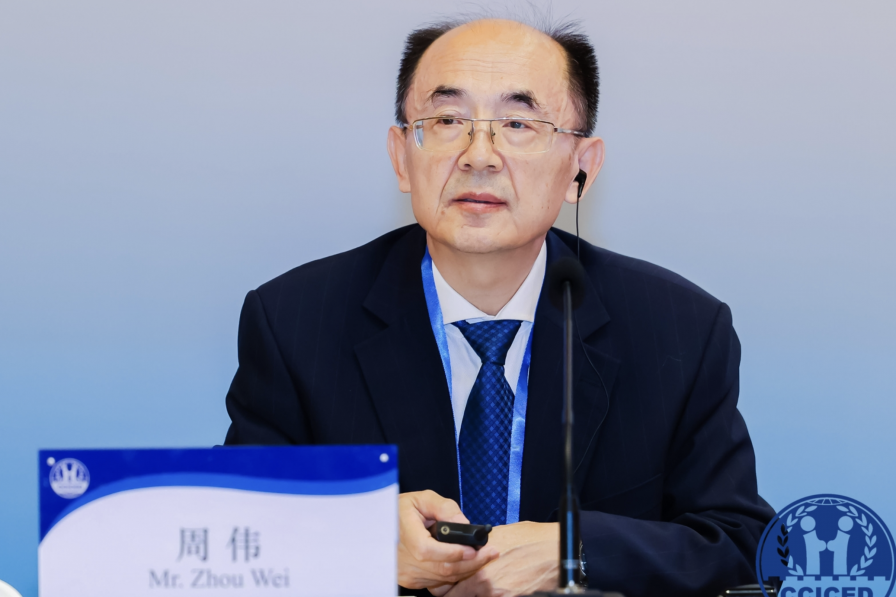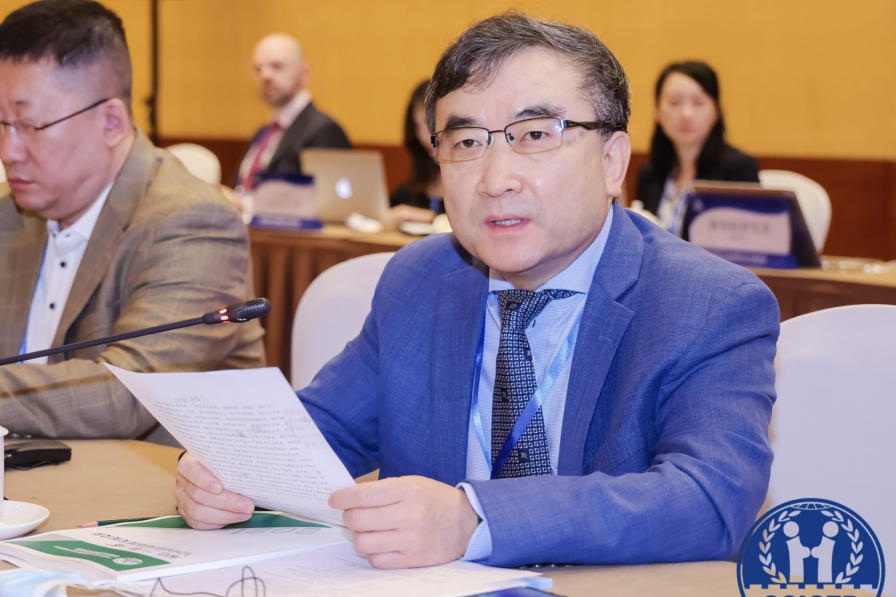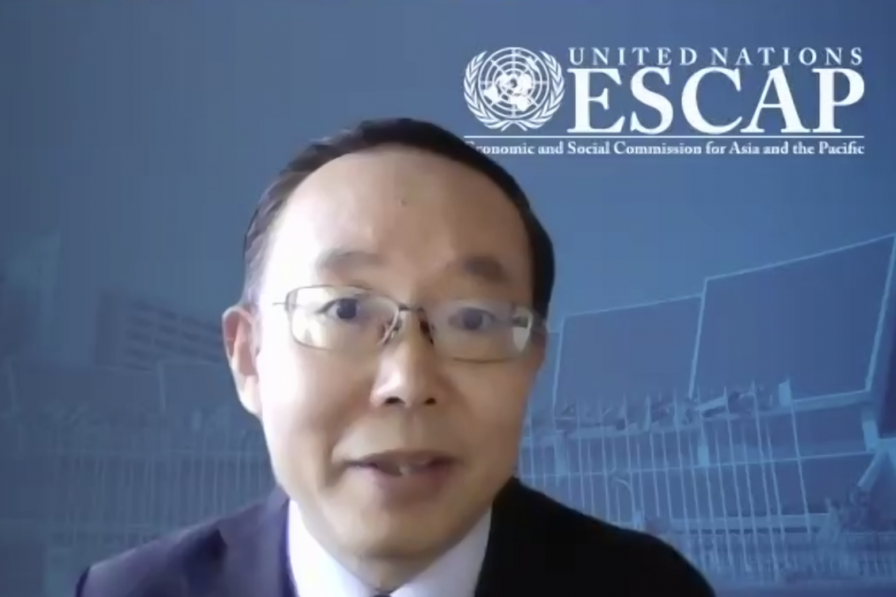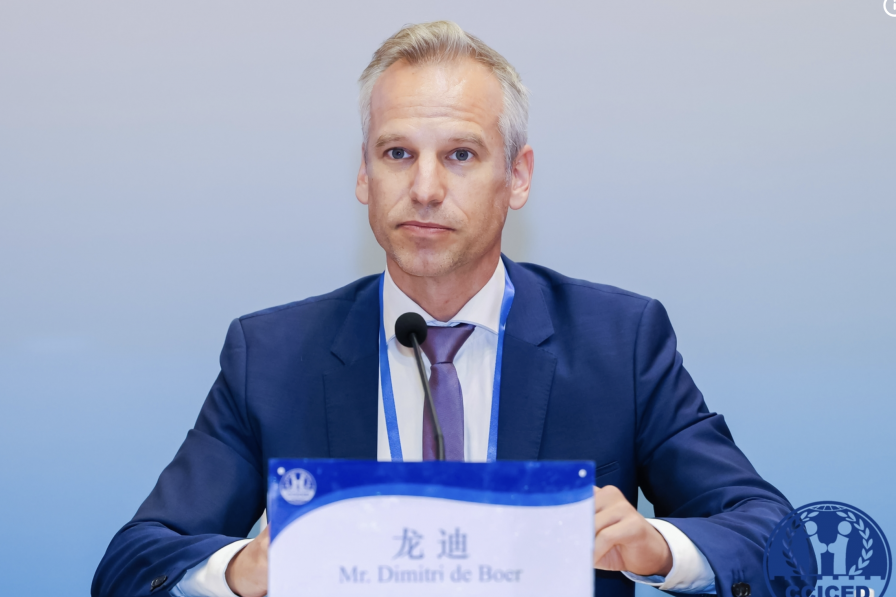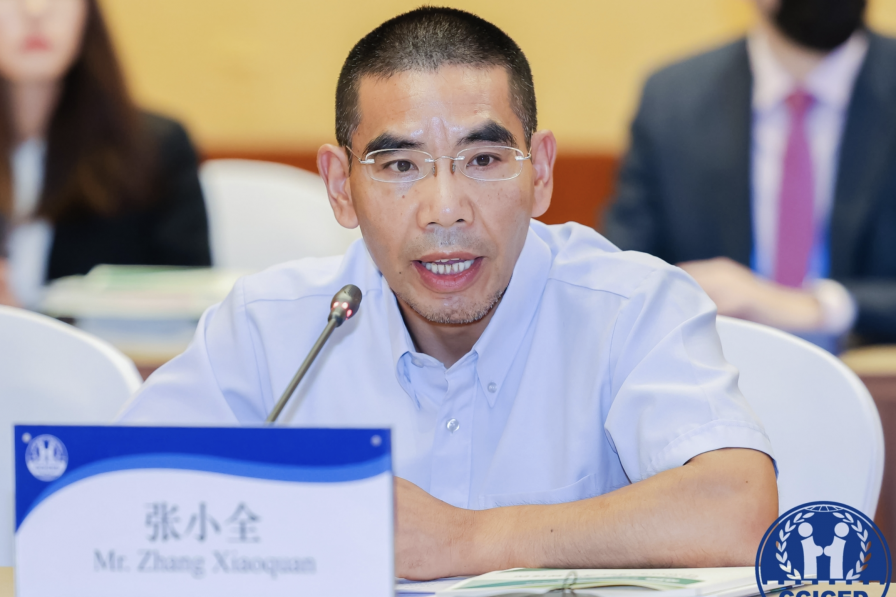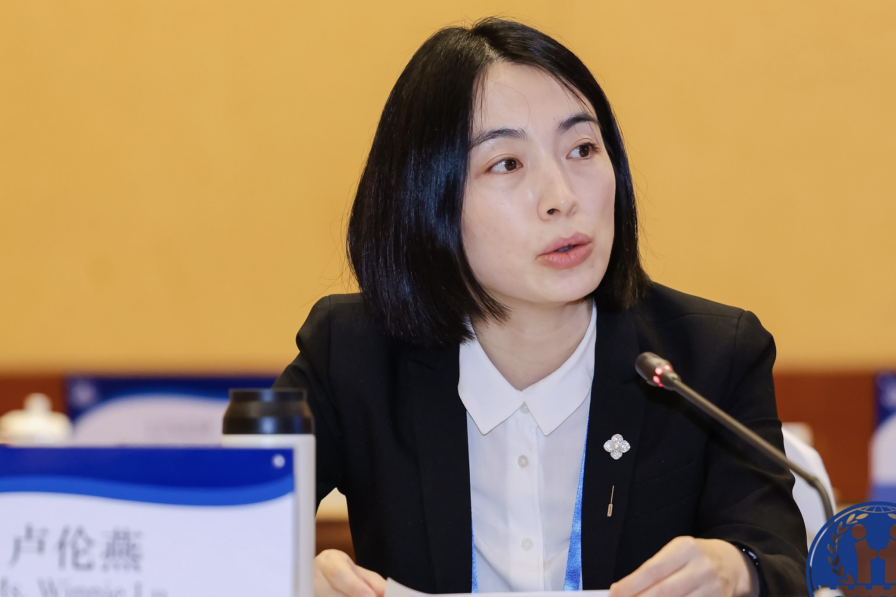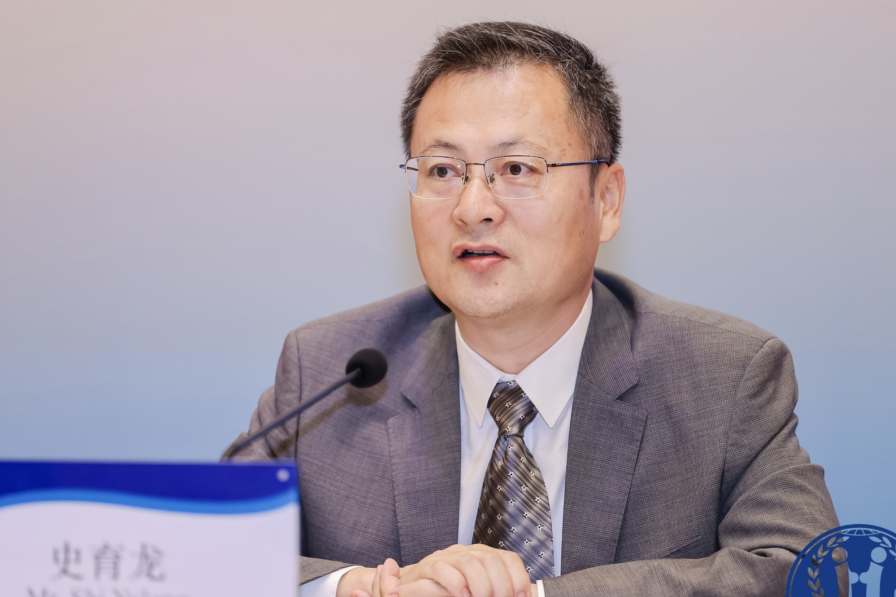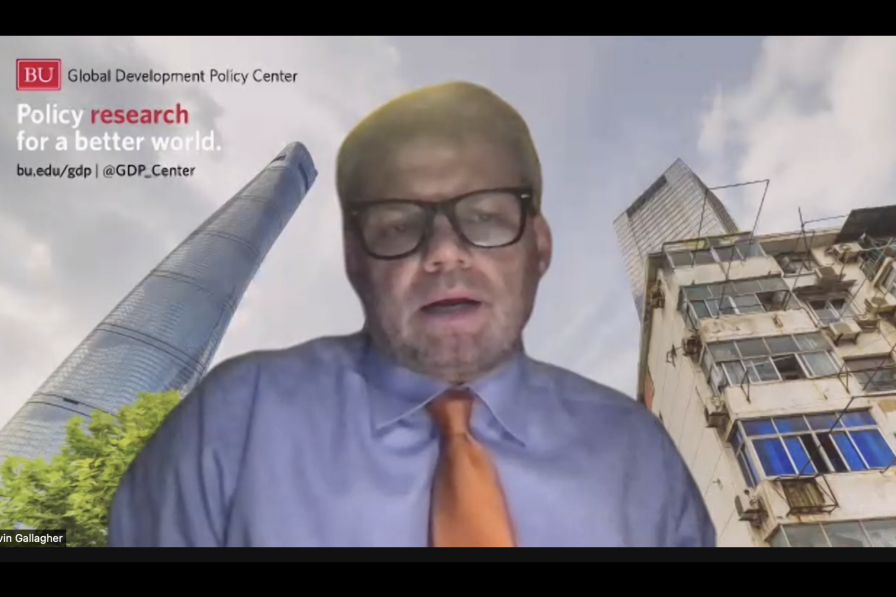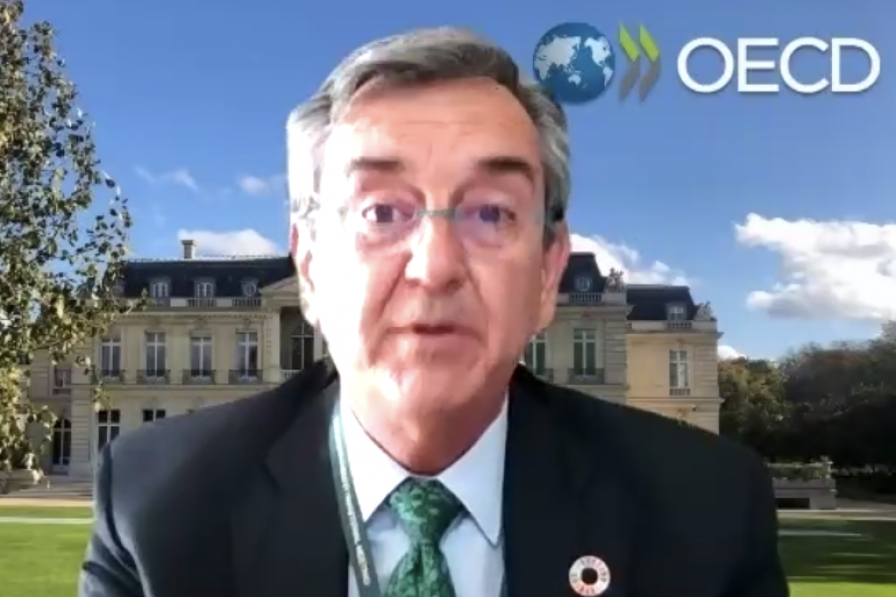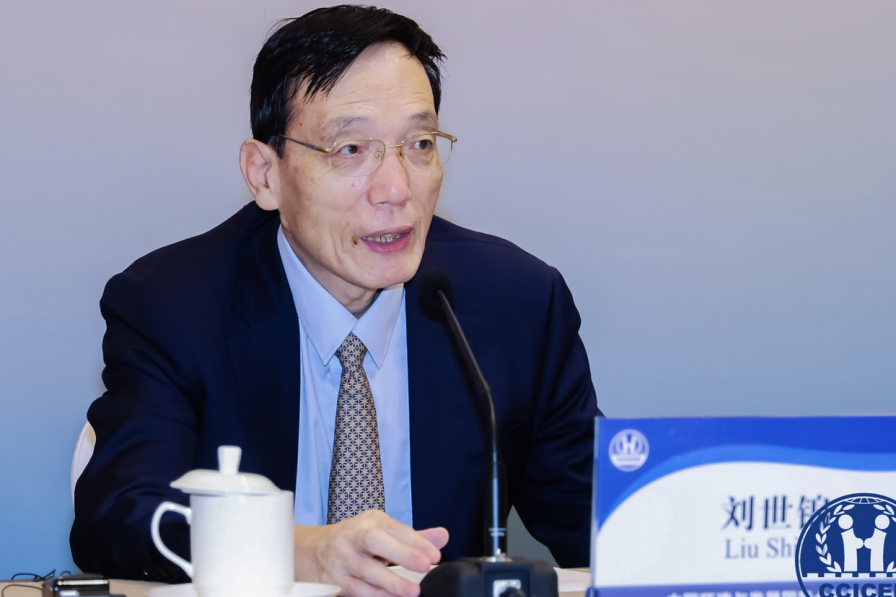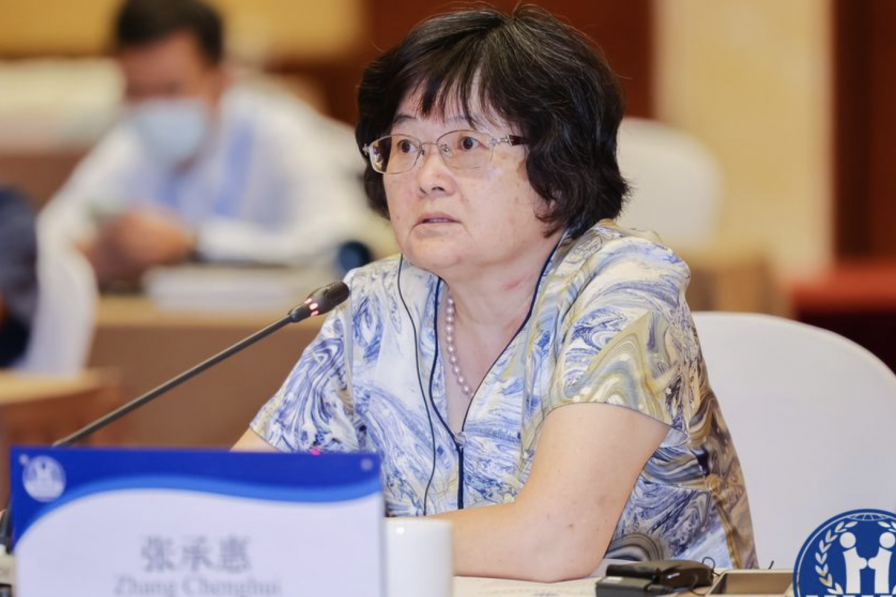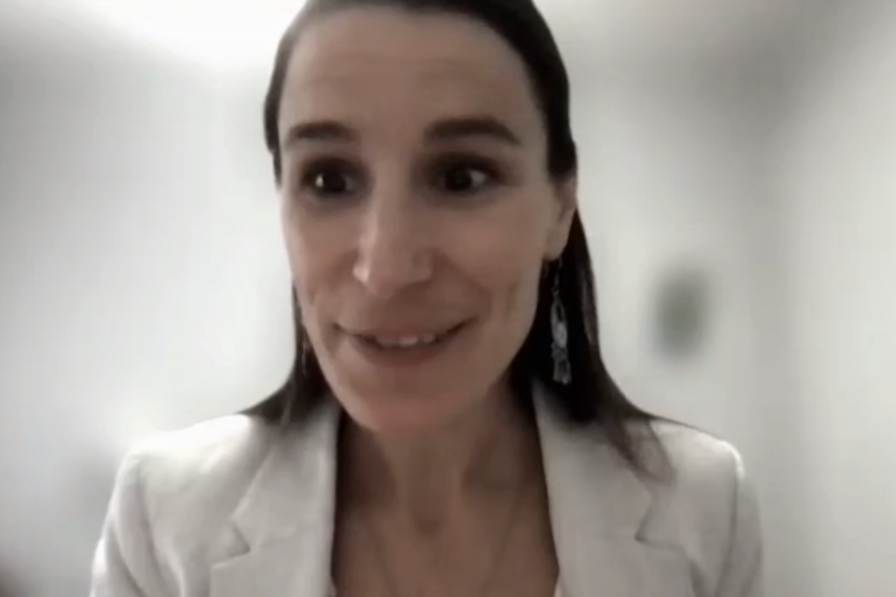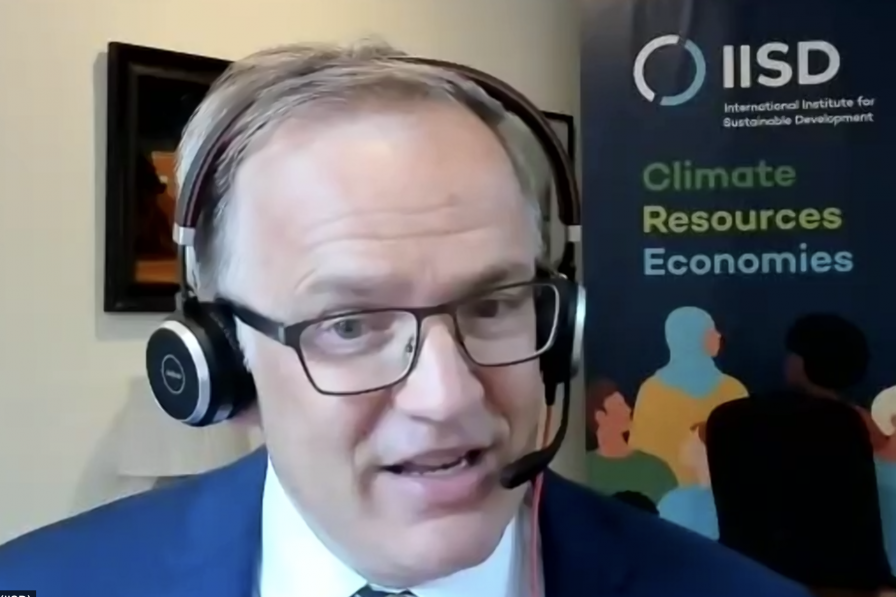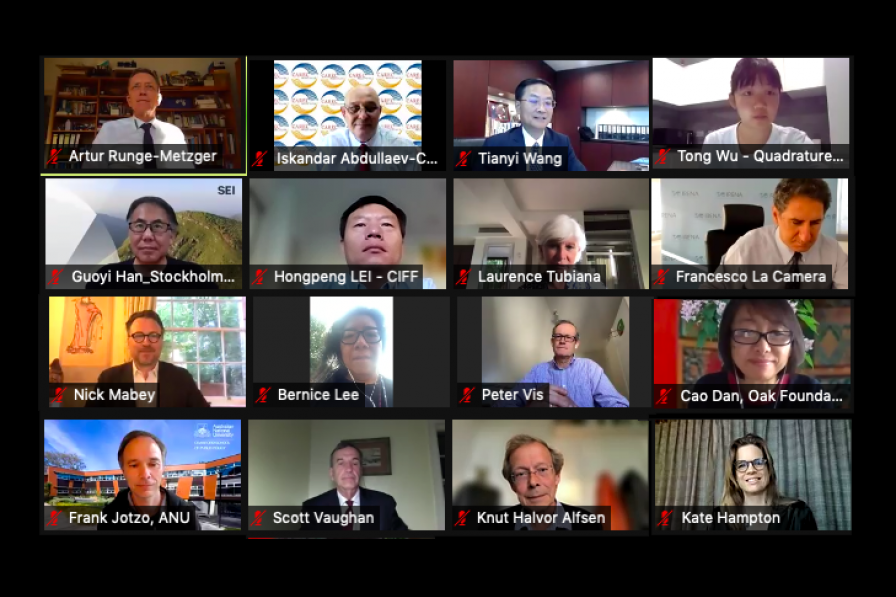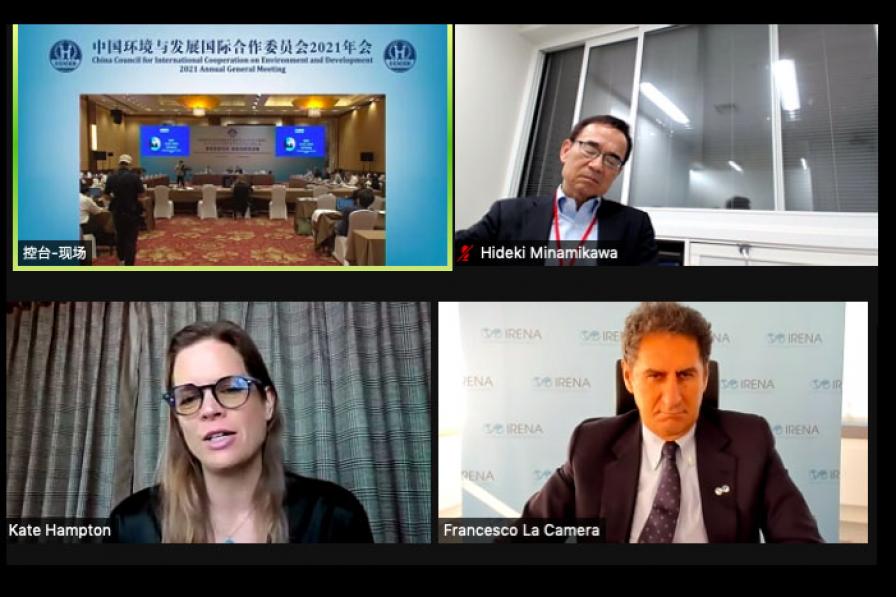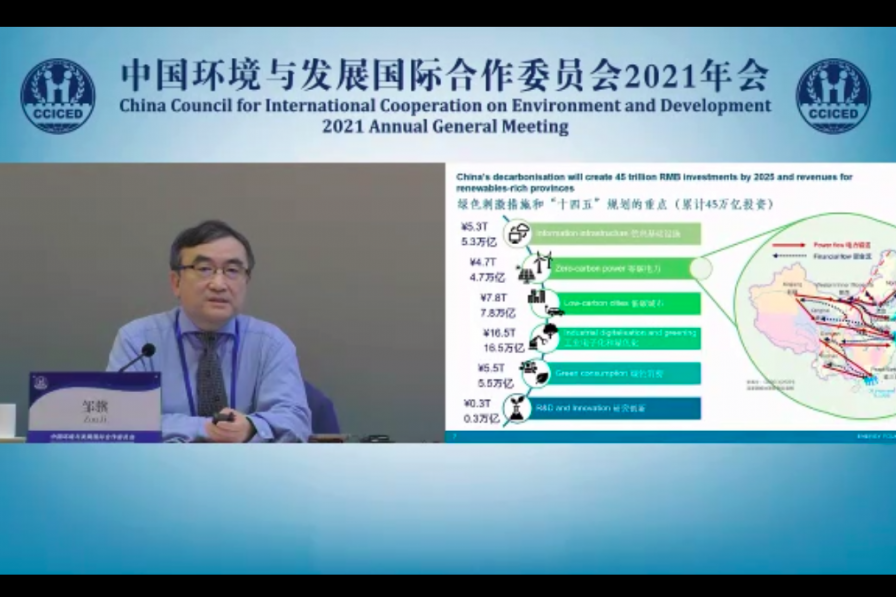On Wednesday, participants from around the world convened for the second day of the 2021 Annual General Meeting of the China Council for International Cooperation and Development (CCICED). Speakers offered insights and expertise on a range of critical issues throughout the day, with many noting that China’s commitment to green development is born out in concrete actions that can serve as a model for sustainable development worldwide.
In the morning, stakeholders joined an Open Forum to discuss the Green Belt and Road Initiative (BRI) and the 2030 Agenda for Sustainable Development. Participants considered possibilities for accelerating the pace of green development and discussed the intersection of this work with climate change, biodiversity conservation, and a post-pandemic resilient recovery. Several speakers underscored the significant impact of the Belt and Road Initiative in spurring economic growth in partner countries, and cited it as an important mechanism by which China could facilitate improved environmental standards internationally.
In the afternoon, stakeholders convened in parallel forums. The first, “Ecological Civilization: Building a Harmonious and Beautiful World for All,” focused on global biodiversity governance and mainstreaming. Speakers emphasized the importance of the upcoming 15th meeting of the Conference of the Parties to the Convention on Biological Diversity, scheduled to be held in Kunming, China, in 2022. Several called for making this meeting a turning point in biodiversity governance by establishing a clearer overarching goal and maintaining a cross sectoral focus that includes health, agriculture, and finance, as well as enhanced international cooperation.
The second open forum focused on “Implementing China’s 2030/2060 Carbon Targets and Empowering a High-Quality Development.” This session was co-organized by Energy Foundation China, the Children’s Investment Fund Foundation, and the Institutes of Science and Development of the Chinese Academy of Sciences. Speakers outlined key actions needed to achieve the Paris Agreement and synergies between short-term economic recovery and longer-term climate goals. Participants also discussed policy pathways that could lead to carbon neutrality, including but not limited to an absolute carbon cap, carbon pricing, green finance, and urban carbon reduction strategies.
In the evening, stakeholders gathered for a policy research dialogue, during which the leaders of the Special Policy Studies outlined their research and findings. Issues addressed during this session included: China’s role in global climate governance; global biodiversity conservation; global ocean governance and ecological civilization; green urbanization strategies and pathways toward regional integrated development; a scoping study on managing river areas in the context of climate change; green transformation and sustainable social governance; green technology innovation and implementation; the Belt and Road Initiative; global green value chains; green finance; and mainstreaming gender in CCICED’s research.
On Thursday, participants will reconvene for the last official day of the meeting, with two open forums and a closing plenary session on the agenda.
Green BRI and 2030 Agenda for Sustainable Development
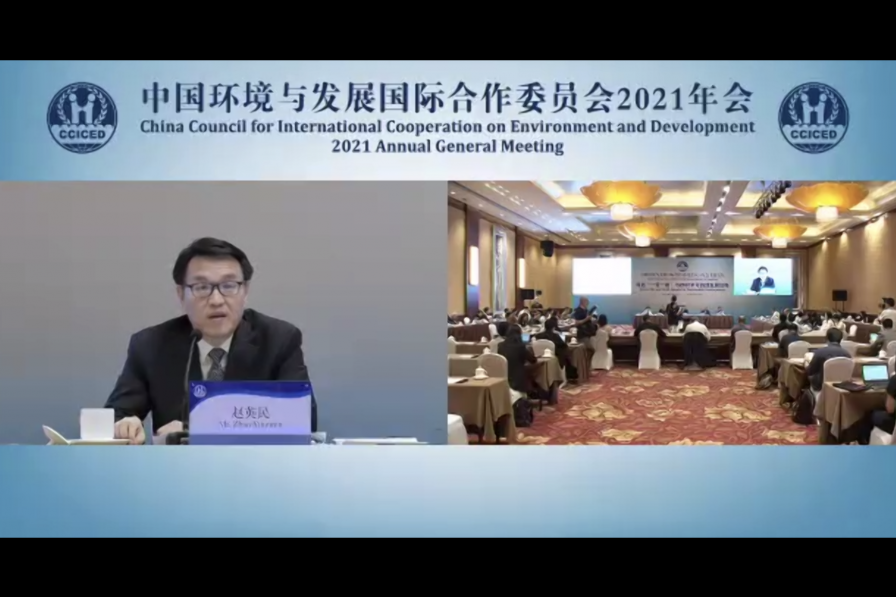
Zhao Yingmin, CCICED Secretary General, Convener of the Belt and Road Initiative Green Coalition (BRIGC) Advisory Committee, and Vice Minister of the Ministry of Ecology and Environment (MEE), China
BRI Green Development and Climate Change Response (SDG13)
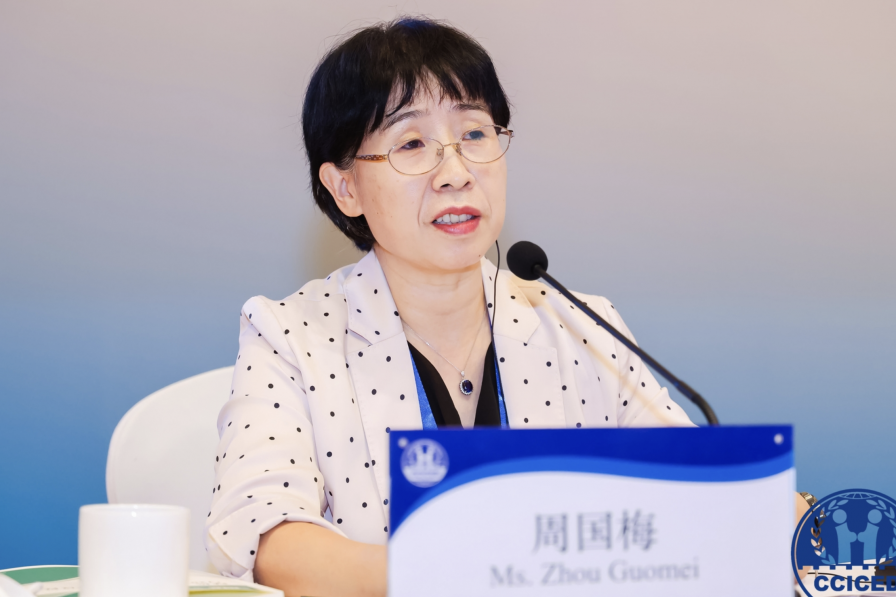
Zhou Guomei, CCICED Deputy Secretary General, Co-Leader of CCICED Special Policy Study, andDirector General of Foreign Environmental Cooperation, MEE
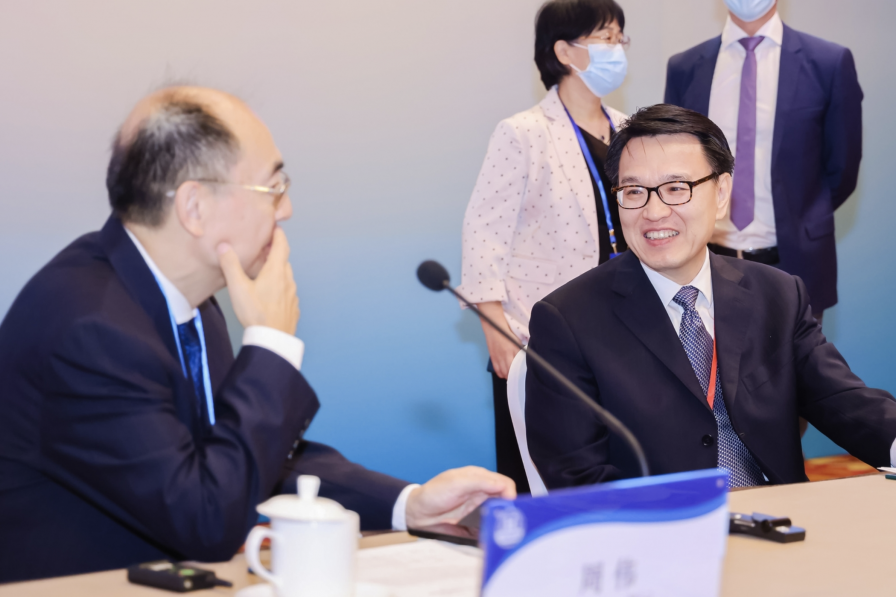
Zhou Wei, CCICED Member, and former Chief Engineer of Ministry of Transport, and Zhao Yingmin, CCICED Secretary General
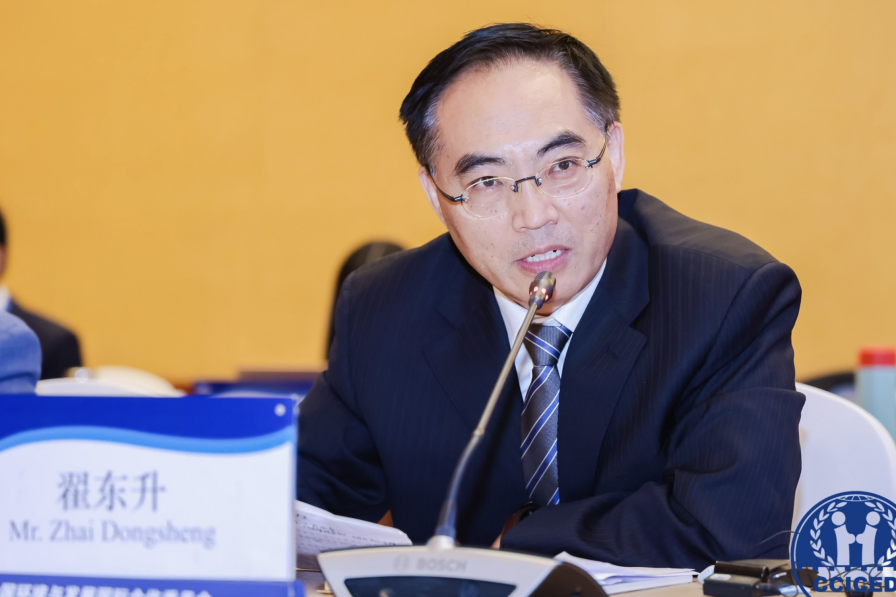
Zhai Dongsheng, Director General of BRI Center of National Development and Reform Commission (NDRC), China
BRI Green Development and Biodiversity Conservation (SDG15)
BRI Green Development and Post-pandemic Resilient Recovery
Open Forum on Biodiversity

Tim Benton, Research Director of Emerging Risks, and Department Director of Energy and Society at Chatham House
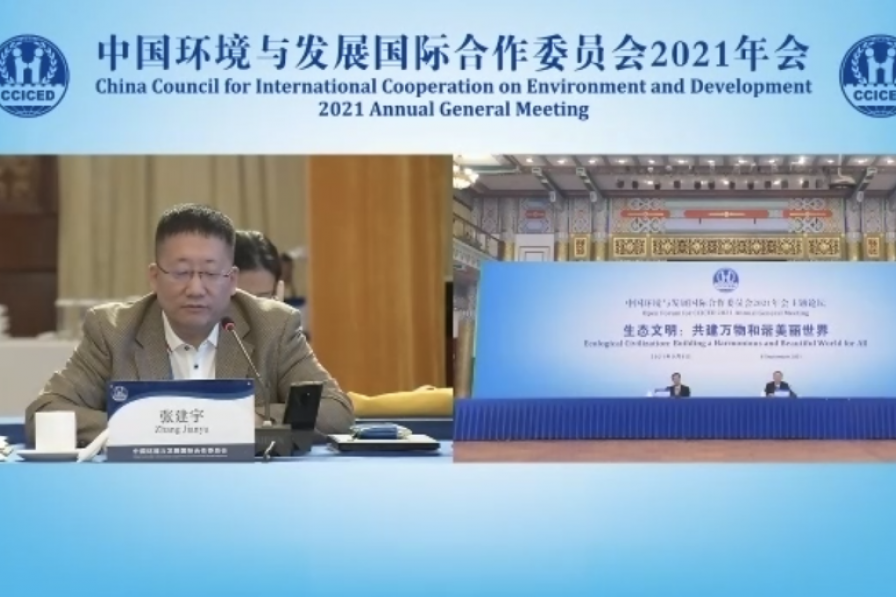
Zhang Jianyu, CCICED Special Advisor, Executive President of BRI Green Development Institute (BRIDGI), International Coordinator of the BRIGC Advisory Committee
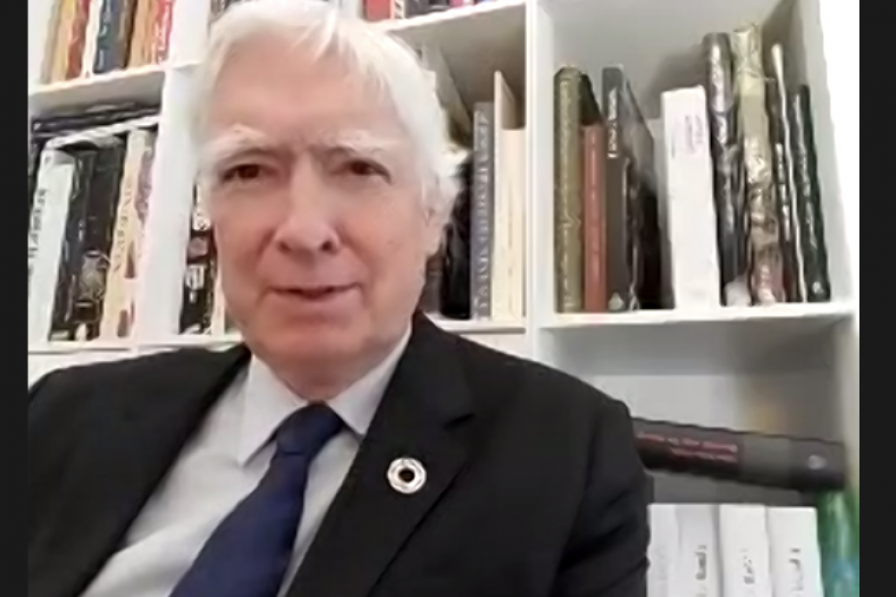
Stephan Contius, CCICED Special Advisor, and Commissioner for the 2030 Agenda for Sustainable Development, Federal Ministry of the Environment, Nature Conservation and Nuclear Safety, Germany

Kristin Halvorsen, Vice Chairperson of CCICED, Director, CICERO Center for International Climate Research, and former Minister of Finance of Norway

Beatriz Merino, Director, Development Finance Institutions, Europe, The Nature Conservancy - 2021 CCIDED

Naoko Ishii, CCICED Member; Professor, Executive Vice President and Director of the Center for Global Commons, University of Tokyo; Former CEO and Chair, Global Environment Facility
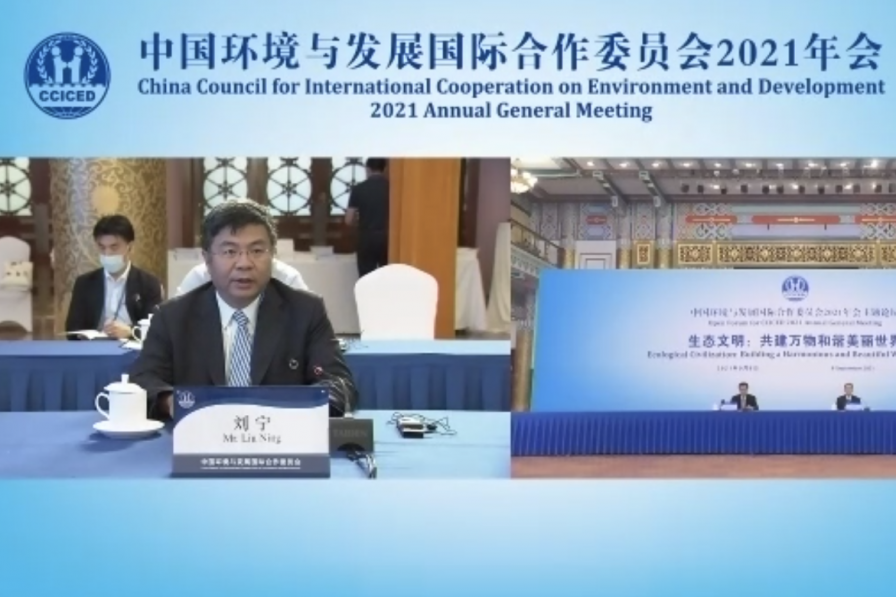
Liu Ning, Counsel (DG-level), Department of Nature and Ecology Conservation, Ministry of Ecology and Environment

Jan-Gunnar Winther, CCICED Member, Director, Centre for the Ocean and the Arctic, Nofima, and Specialist Director, Norwegian Polar Institute
Policy Research Dialogue

Kate Hampton, International Co-leader, CCICED SPS on Global Climate Governance and China's Role, CCICED Member, and CEO, Children’s Investment Fund Foundation

Bob Tansey, Senior Policy Advisor, China, and Global Policy Lead, Degraded Lands and Restoration, The Nature Conservancy
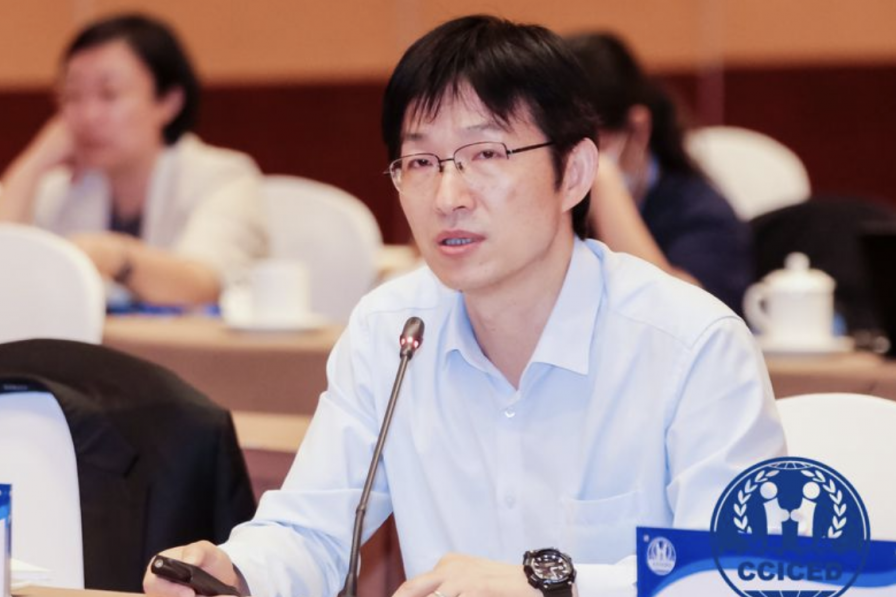
Zhang Yongsheng, Chinese Co-Leader, CCICED SPS on Green Urbanization Strategy and Pathways Towards Regional Integrated Development, CCICED Special Advisor, and Director, Research Institute for Eco-civilization, Chinese Academy of Social Sciences
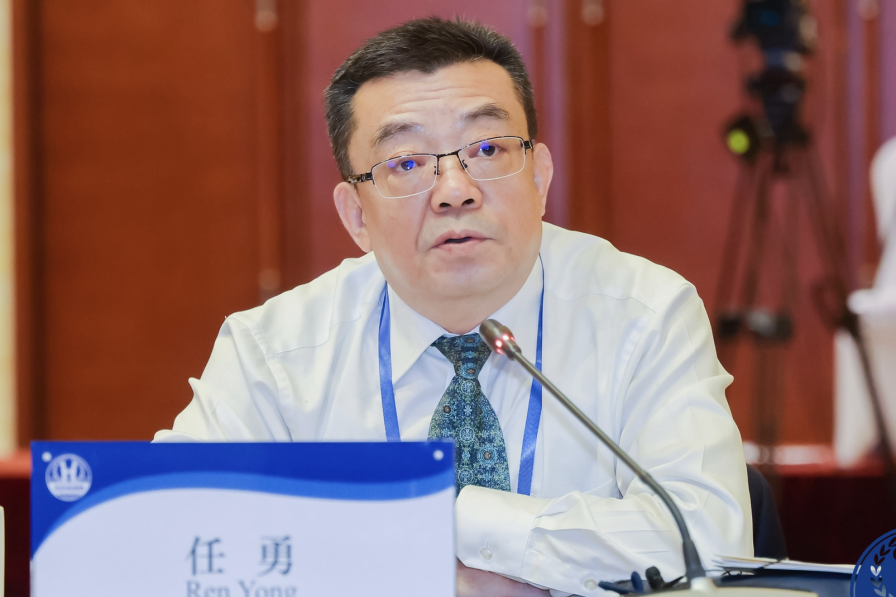
Ren Yong, Chinese Co-leader, CCICED SPS, and Director-General, Environmental Development Center of MEE
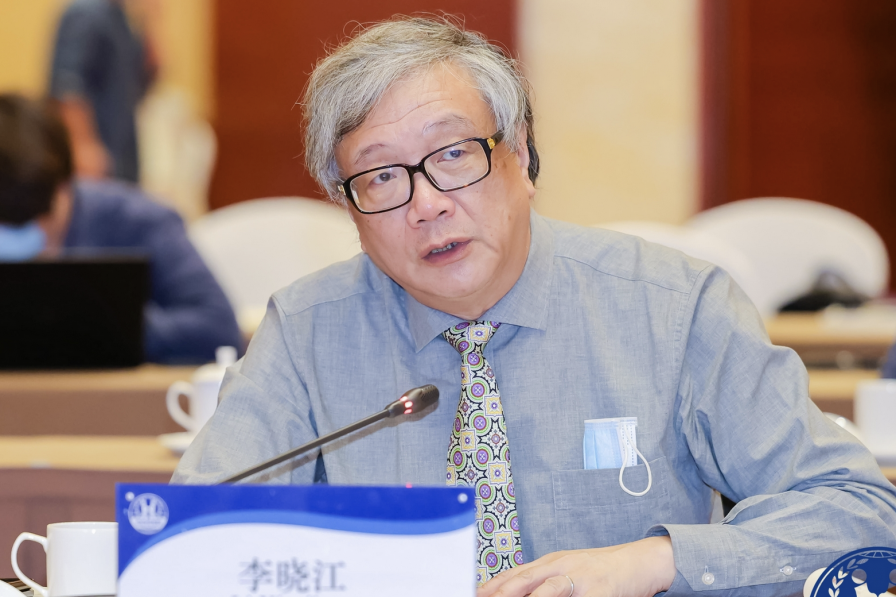
LI Xiaojiang, Chinese project lead of SPS on Major Green Technology Innovation and Implementation Mechanisms, and Former Dean of China Academy of Urban Planning and Design
